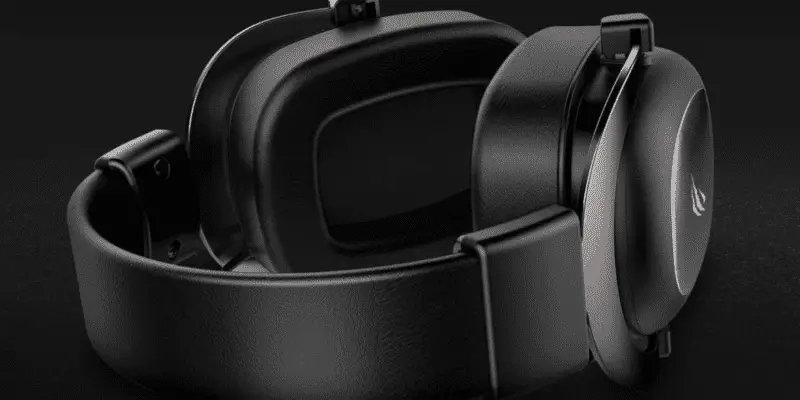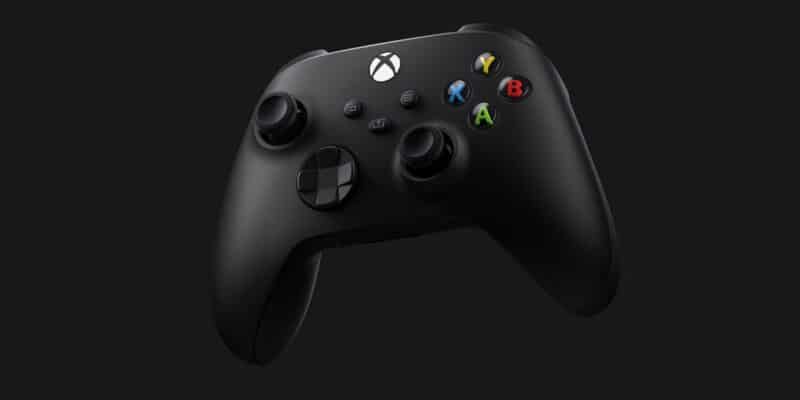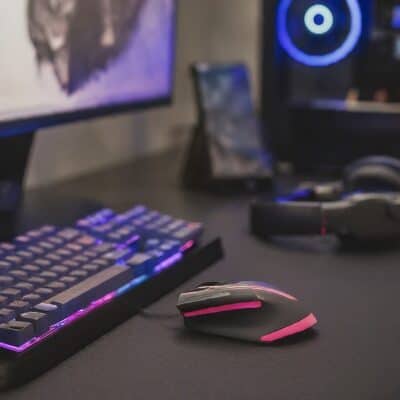Why does my wireless mouse lag? Your wireless mouse is one of the most important tools in your arsenal. You can use it to browse the internet, work on a spreadsheet, or simply play a game. But what happens when you notice that it’s not as responsive as it used to be? Interested about it? Read this article until end to know more about why does my wireless mouse lag. In this blog, we also have an article about best wireless mouse bluetooth rgb rechargeable that you might want to read about it.
Why Does My Wireless Mouse Lag
There are many reasons why your wireless mouse may be lagging. Here are the reasons why wireless mouse have lag:
- The battery is dead, and you need to replace it.
- You are using an older model of wireless mouse (i.e. Logitech G300) that was released in 2007 or earlier and you need to update its software.
- Your computer does not support Bluetooth technology. This includes any Mac computers as well as PCs running Windows XP with Service Pack 3 or later. If your laptop has built-in Bluetooth capability, it will work fine with virtually all wireless mice. However, if your laptop only supports wired USB connections, you must use a USB adapter to connect to your wireless mouse.
- You are using a USB cable to connect to your wireless keyboard instead of a wireless connection. To make sure that this is not the problem, try connecting directly from your wireless mouse to your PC without using a USB cable.
- The distance between your wireless mouse and your computer is too far. Try moving closer to your PC so that the signal can travel farther.
- Your device has a bad antenna. Check the cord for broken wires or loose connectors. Also check the area around the mouse and the mouse itself to see if there’s anything obstructing the signals.
- You are using the wrong receiver settings. Make sure that you enable Auto Power Off after 1 minute when the mouse is inactive, and set the polling rate to 250 Hz.
- Your device driver doesn’t recognize the mouse properly. Double-check to ensure that the latest drivers are installed on your computer.
- You’re using a incompatible wireless mouse receiver. Some receivers require software updates while others don’t. If you are still having problems, contact your manufacturer to find out which type you own.
Consideration Before Choosing Wireless Mouse
The wireless mouse is a great invention for people who use a laptop or tablet. They are a great alternative to a wired computer mouse because they are wireless, so they don’t need to be plugged in to the computer. Here are some consideration before choosing wireless mouse:
- Consider the quality of mouse first. There are two types of mouse: optical and laser. Optical mice usually provide better results than laser ones. But you should consider extra features like buttons, scroll wheel, and DPI (dots per inch) setting, etc.
- Consider the size and weight. A large and heavy mouse cannot fit comfortably into small hands, especially for women. Therefore, choose one that fits comfortable for you!
- Consider the price. Cheap mice tend to be low quality. And high-end mice may cost more but you get what you pay for. Just choose wisely!
- Consider the shape and design. Avoid square shaped. It’s difficult to grip it and control it. Instead, look for round shapes. Or go for a sleek slimline design.
- Consider battery life. Choose one that lasts at least 2 years.
- Consider the compatibility with your computer. Look for a compatible wireless mouse that works with your current operating system. For example, the Microsoft Surface Pro 3 runs on Windows 8.1. So, we recommend using a compatible wireless mouse that is also designed for Windows 8.1. On the other hand, if you have a different operating system, you’ll want to check whether the mouse is compatible with it.
- Consider the durability. A good quality wireless mouse tends to last longer, so avoid cheap models.
- Consider the ergonomics. Most of us spend hours sitting at our computers. Make sure the mouse you buy will not cause discomfort to your hands.
- Consider your lifestyle. What kind of activities do you engage? Do you play sports? Does your job demand frequent typing? Will you be moving frequently? These things should be considered when purchasing a mouse.
- Consider your budget. Don’t just pick up any random model. Know your budget beforehand so that you won’t spend more than necessary.
Related Articles For You!
- You may like: Why Is Wireless Mouse Not Working? 6 Superb Reasons Why It’s Not Working
- You may enjoy this article about: Are Wireless Mouse Faster Than Wired? 4 Fascinating Facts That You Should Know About This Gaming Gear
Our Latest Posts:







